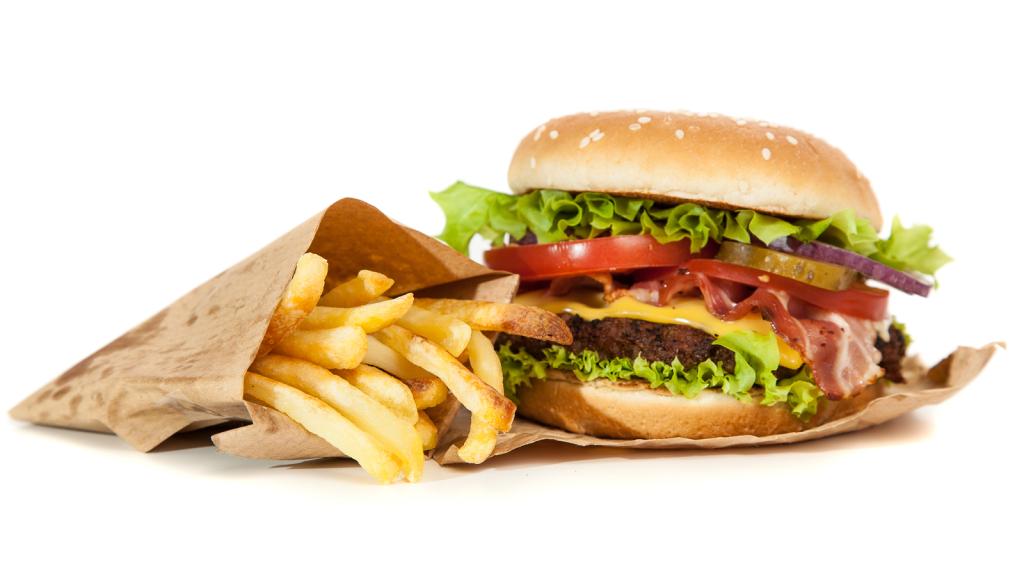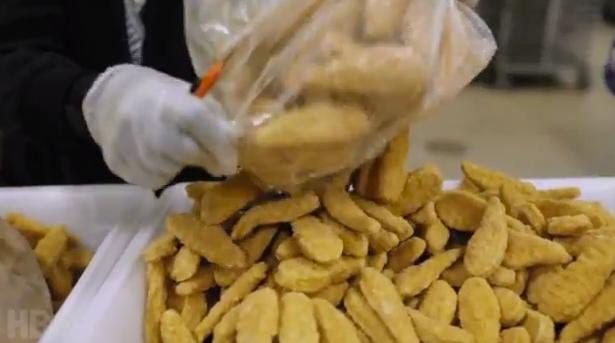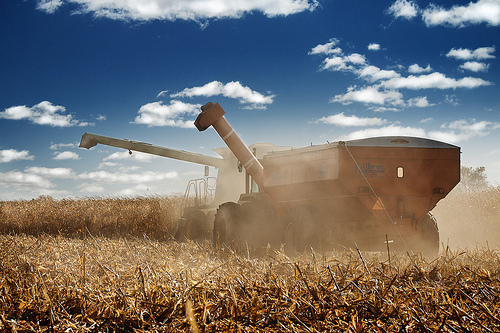ag subsidies
-
Just how unhealthy are farm subsidies?
We’re not talking about the health of the planet this time — we’re talking about you.
-
‘Weight of the Nation’ takes a realistic look at a looming crisis
According to one critic, this four-part HBO series -- which begins tonight -- offers a systematic examination of the obesity epidemic.
-
Insane Disney WWII propaganda video boosts Big Ag
Ever wonder why U.S. agriculture gets such huge subsidies for things like corn and wheat? It turns out it's because we're trying to smother Nazis under flour drifts and build a corn bridge from London to the Black Sea. At least, that appears to be the contention of Disney animators in 1942. This video illustrates […]
-
Does this wind turbine make McDonald's ass look green?

If you saw this on top of your local McDonald's, would it make you more likely to pull over for a burger and fries? I have to admit that it would work on me.
-
Bad seeds: A plan to phase out the $5 billion in ‘direct payment’ agricultural subsidies
Let’s phase out wasteful subsidies.Photo: Earl WilkersonCross-posted from the Center for American Progress. Agriculture and the family farm are the foundation of strong and healthy rural communities, and a critical engine of U.S. economic growth. Regrettably, a key aspect of U.S. agricultural policy does not meaningfully contribute to the success of U.S. farmers: Most federal […]
-
Farmers in U.S. running out of land
Despite planting record amounts of corn and soybeans this year, U.S. farmers are sitting on unexpectedly small stockpiles of both crops. Meanwhile, the demand for corn is crowding out use of land for other crops, including cotton. The USDA reports underscored that U.S. farmers are reaching the limits of arable land in the world's biggest […]
-
How export-focused agriculture has failed everyone it was meant to help
A recent Washington Post article documented the stark reality of Haiti’s non-existent agricultural infrastructure: Decades of inexpensive imports –especially rice from the U.S. — punctuated with abundant aid in various crises have destroyed local agriculture and left impoverished countries such as Haiti unable to feed themselves. …Today Haiti depends on the outside world for nearly […]
-
Pollan says health-care reform will fail unless we change the way we eat
Michael PollanNPR’s Guy Raz: What if health care is overhauled and it doesn’t change the American diet in any way? Michael Pollan: We’ll go broke. If we don’t get a handle on these health care costs, the new system or the old system, we’ll go broke. And that’s why I think that really food is […]
-
Using less fertilizer has no meaningful effect on yield
Speaking of limiting the use of synthetic fertilizer, allow me to throw a little science your way courtesy of Science Daily and the USDA's Argriculural Research Service:
From 1998 to 2008, the researchers evaluated and compared potential management strategies for reducing nitrogen and nitrate nitrogen levels in soil and groundwater.
The first study showed that onions used only about 12 to 15 percent of the fertilizer nitrogen applied to the crop. Much of the remainder stayed in the top six feet of soil. The next year, Halvorson and his colleagues planted corn on the same land and found that it recovered about 24 percent of the fertilizer nitrogen that had been applied to the onion crop.
Following that study, the scientists grew alfalfa on the land for five years, then followed it with a watermelon crop, followed by a corn crop. In the first year that the corn was grown, an unfertilized control plot yielded about 250 bushels of corn.
By comparison, a plot fertilized with 250 pounds of nitrogen per acre yielded about 260 bushels, a small increase that required a significantly higher investment of time and money. Additional corn studies following onion in rotation showed corn was a good residual nitrogen scavenger crop.







